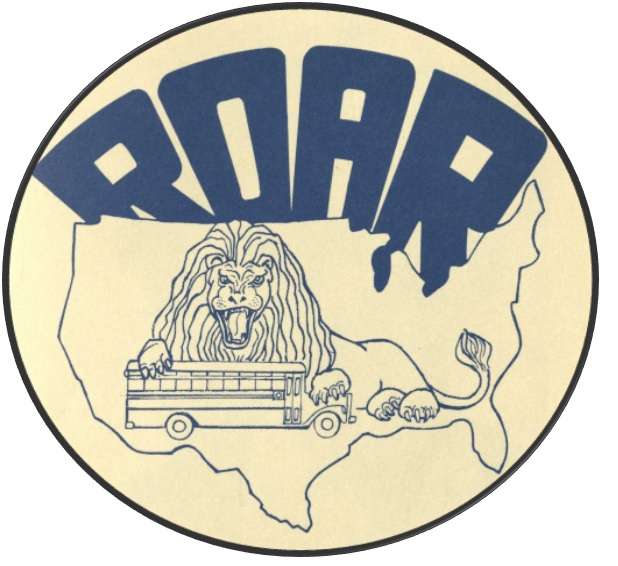What was ROAR?

"Maybe we could roar."
ROAR, an acronym for “Restore our Alienated Rights,” was arguably the most popular anti-busing group during the movement to integrate Boston Public Schools in the 1970s.[1] The grass-roots organization began under the direction of Louise Day Hicks who was, at the time, a member of the Boston School Committee. The anti-busing group began as the “Save Boston Committee” in 1974 with the intent of providing an organization to oppose the Racial Imbalance Act of 1965. In June of 1974, after a successful march on the Boston City Hall Plaza that April, Louise Day Hicks and various other members of the “Save Boston Committee” decided that the organization needed to develop in a slightly alternative direction. It was their understanding that the group needed to make themselves louder in the anti-busing crowd. From this, the newly named anti-busing group ROAR developed.

We said we had to be strong, to show courage, that our voice had not been heard… In the back seat of the car I noticed a stuffed lion, a child’s toy, and I said ‘Maybe we could roar.’ Roar! They thought about it a moment. It sounded right. It could be an acronym. They tried words to form the acronym, eventually coming up with “Restore Our Alienated Rights”, a name the committee adopted several weeks later.
By the spring of 1975, ROAR developed from a gathering of concerned parents into the most popular and radically conservative anti-busing group in the city of Boston. Various media depicted the organization either holding rallies, hanging up signs in windows, or protesting at various schools across Boston. In May 1975, ROAR became a nationally recognized organization, hosting their own convention in Boston to gather support for the anti-busing movement. However, as quickly as ROAR developed, it dissolved. By the spring of 1976, both political factions within ROAR and numerous failures to actually stop busing in Boston, caused the organization to weaken and eventually fall apart within itself.
References
[1] ROAR is also referenced as “Restore Our Alienable Rights.”
[2] Louise Day Hicks, quoted from the Boston Globe, in Kathleen Nutter, “’Militant Mothers’: Boston, Busing, and the Bicentennial of 1976.” Historical Journal of Massachusetts 38, no.2 (Fall 2010) 52-75. Accessed March 2016, 60.

